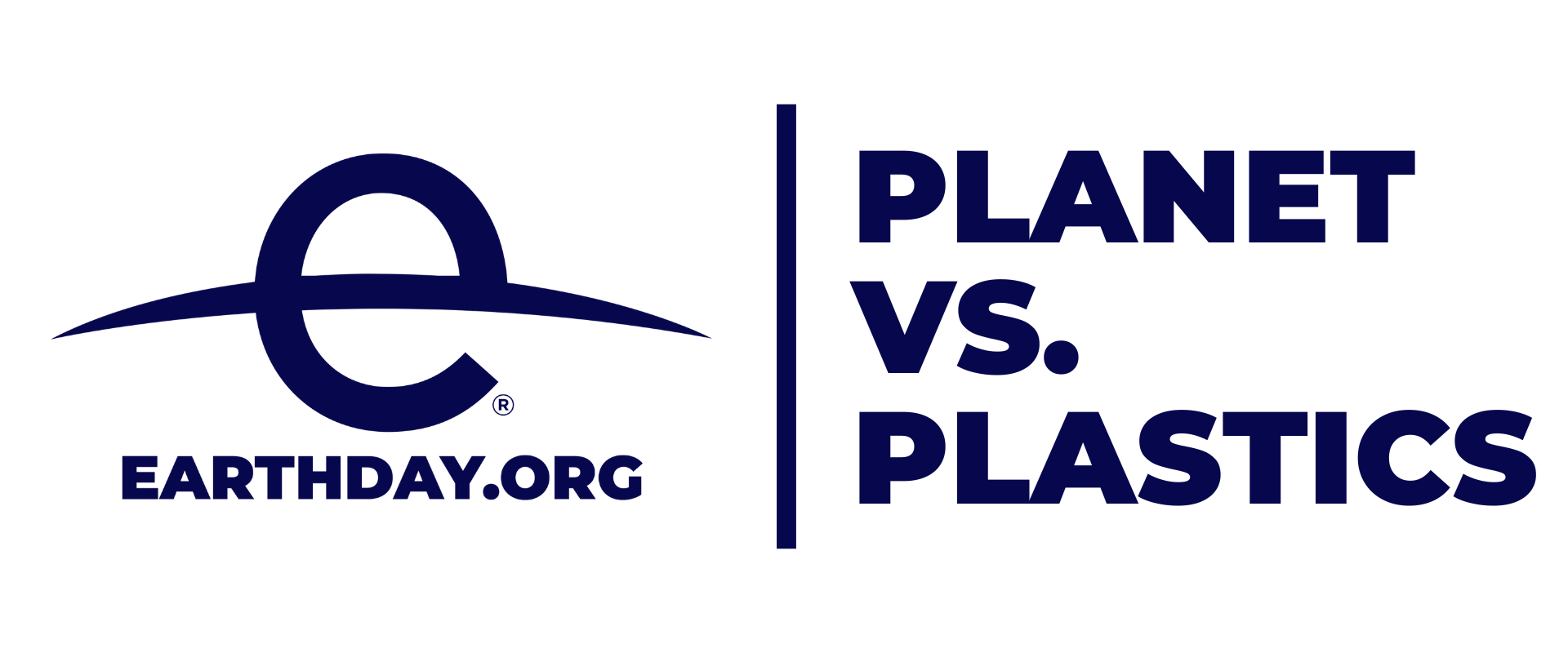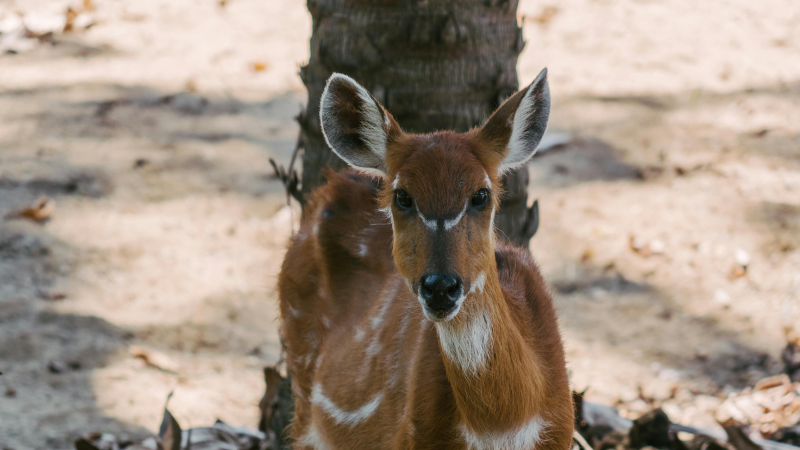|
|
|
Hi, A rare antelope choked and died in a Tennessee zoo after mistaking a plastic cap for a berry,1 proving that no animal is safe from the plastic pollution ravaging the planet. Even those in captivity with a conscientious team of caregivers are facing the fatal consequences of our actions. The horned African antelope, a sitatunga named Lief, was only 7 years old. The red plastic cap came from a squeezable fruit pouch, prohibited at the zoo. This plastic-packaged snack that takes merely minutes to enjoy, took 15 years off Leif’s expected lifespan.2 Leif is not the only victim to plastic waste — pollution is widespread, and all living organisms are at risk. The world is producing an average of 430 million tonnes of plastic a year, most of which is only used for a short period of time before being discarded.3 Meanwhile, the equivalent of 2,000 garbage trucks of plastic are dumped into the world’s waterways every day, an amount that is sadly set to triple by 2060 if action is not taken. This plastic waste impacts more than 900 species of animals through entanglement and ingestion.4 Plastic is a constant and calamitous threat to animal life and nowhere is safe, from zoo enclosures to the open ocean. The only way to have an effect on the plastic problem is to curb producing plastic. That’s why EARTHDAY.ORG is calling for a 60% reduction in plastic production by 2040 — and we need your voice to make a difference. Demand that world leaders adopt a binding, effective Global Plastics Treaty. Plastic pollution is a global problem demanding a global solution. It is an issue transcending national borders, affecting every nation and citizen on Earth, from the individual animal (including humans!) to the hundreds of marine species threatened by plastic debris. Urgent action is required, including improved waste management, plastic reduction strategies, and enhanced international cooperation to safeguard the health and biodiversity of our planet. EARTHDAY.ORG’s petition supports a highly ambitious Global Plastics Treaty that binds all signatories to the same standard. In addition to demanding a 60% reduction of all fossil fuel-based plastic production by 2040, plastic producers and retailers should be liable for the cost of environmental or health-related damages in accordance with the producer pays principle. We seek public and private sector investments in innovation to find alternatives to plastic in all sectors, as well as banning the export and incineration of plastic waste. We also need full-financed education and public awareness campaigns on the plastic scourge. The Earth Day movement is the world’s largest environmental movement, and we’re harnessing the power of your voices to make a difference. Join with 25,000 others and add your name to the Global Plastics Treaty petition. Together, Aidan Charron Footnotes: 1. The Guardian: https://www.theguardian.com/us-news/article/2024/jun/13/antelope-dies-tennessee-zoo 2. Smithsonian: https://nationalzoo.si.edu/animals/sitatunga 3. United Nations: https://www.un.org/sustainabledevelopment/blog/2023/08/explainer-what-is-plastic-pollution/ 4. Marine Pollution Bulletin: https://www.sciencedirect.com/science/article/pii/S0025326X19310148 |
|
EARTHDAY.ORG · 1752 N St NW, Suite 700, Washington, DC
20036, United States
|

